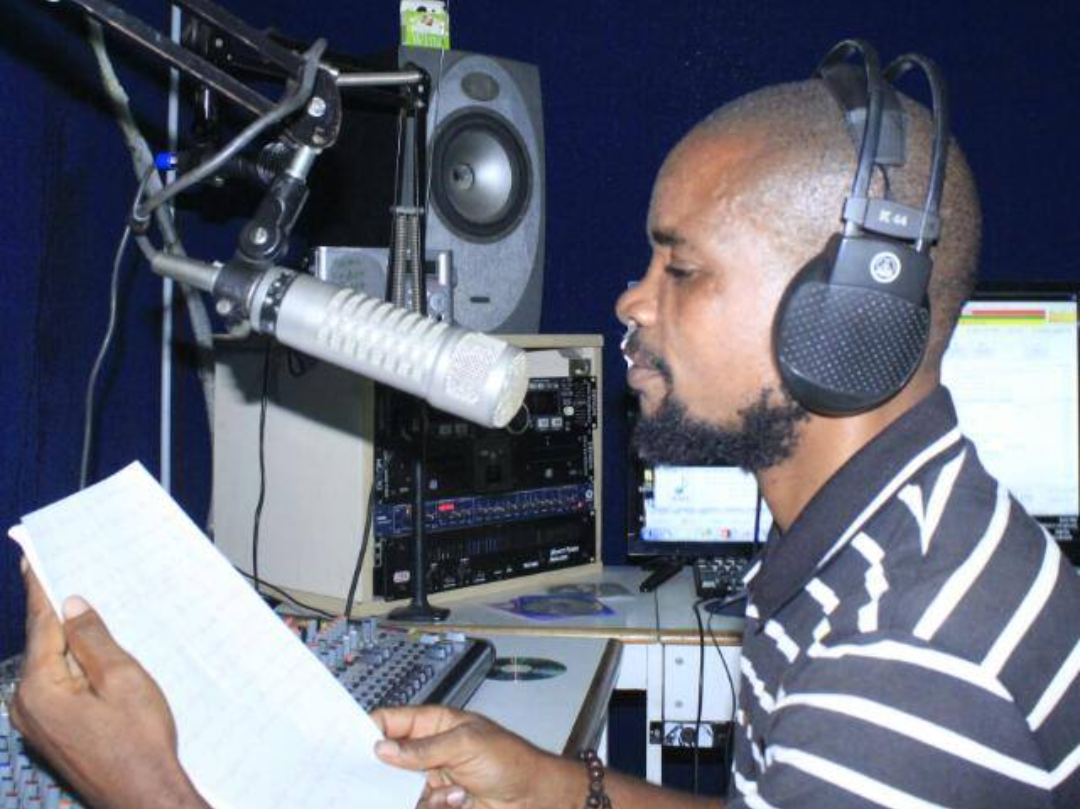The issue of poor water, sanitation and hygiene in Cross River State is not just a challenge to the society, but to the whole essence of getting people to behave in a way that contributes to the success of delivering the State from water and sanitation-related diseases.
Indeed Cross River State Government and international organizations have made huge investments in the water, sanitation and hygiene sector, but on ground facts strongly proved that Government’s efforts are not reflecting into protecting the lives of the citizens in this direction.
The United Nations’ reports on the statistics of under-five deaths due to poor water and sanitation practice rank Nigeria as the largest contributor both in Africa and the world over.
It could be recalled that between 1970 and 2017, Nigeria contributed to the loss of over one hundred and twenty-four thousand under-five deaths per annum, meaning that in the forty-seven years under review, almost six million children have died needlessly.
Emerging facts indicate that this may not totally be the fault of the citizens, but the poor implementation of wash regulations by the Government at all level and stakeholders in the Sector, even among the WASH communities which has given rise to the avoidable deaths of under-five children in Nigeria. Meaning that, over a hundred and twenty-four thousand children are deprived of WASH facilities in Nigeria every year.
In preparation to fight the menace of poor water, sanitation related-diseases prevalence among children, and indiscriminate open defecation, the United Nation had not only signed a Resolution: 64/292 General Assembly in July 2010, but also had adopted the general comments number (15) of the Committee on Economic, Culture and Social Rights July 2002, as well as the African Charter on Human and People Rights (Ratification and Enforcement) Act of the Nigeria constitution to grant all the Wash Rights.
For example, the resolution provides that “States are required to ensure that each person has access to sufficient, safe, acceptable, accessible and affordable water for personal and domestic uses”. The1977 Mar del Plata Action Plan stipulates also that “regardless of the level of economic development, all people must have access rights to water in quality and quantity equals to basic needs”.
This includes water necessary to prevent deaths from dehydration, to reduce the risk of water-related diseases and to provide for consumption, food preparation, washing, personal and domestic hygienic requirements.
It obvious that the more investments are being made by both Governments and international organizations in reviving the WASH sector, population explosion negates the United Nations Sustainable Development Goal’s target of ensuring access to water and sanitation for all by 2030.
The truth is not farfetched; ninety percent of public resources are mostly spent on projects that only fifteen percent of the populace benefit. The burden of these UN achievement which it owes to popular demand and great expectations of the masses for adequate WASH implementation weighs heavily on the shoulders of the State.
This is why one dares to believe that the State Government has a critical role to play in the success of the SDG’s target of providing potable water for all. Investigations revealed that contrary to expectations, state governments may find it difficult to implement WASH regulation, and this is due largely to absence of befitting latrine and water facilities in some parts of the State.
At present, Ogoja popular motor park is in full operation without a single public latrine or water facility; Ediba in Abi Local Government Area is battling with abandoned public water facilities; some health centres and schools opposite Mile One Market in Obubra Local Government Area are begging for public latrine and water facilities, the same with those in Calabar Municipality with abandoned water facilities, including absence of boreholes.
In November 2018, President Muhammadu Buhari in Abuja declared a State of Emergency on Nigeria Water Supply, Sanitation and Hygiene Sector, saying it was vital to reduce the high prevalence of water-borne diseases in different parts of the Country which have caused preventable deaths.
At the inauguration of National Action Plan for Revitalization of Water Supply, Sanitation and Hygiene (WASH) Sector, President Buhari advised Governments at all levels to intensify their efforts and work towards meeting the Nation’s water supply and sanitation needs.
“The President continued that henceforth, the Federal Government’s support to the state governments will be based on their commitment to implementation of the National WASH Action Plan in their different states and their commitment to end open defecation by 2025.
The WASHCOM Federation, made up of community WASHCOMs, Ward Congress, local Government areas, general Assembly, audit Committee, executive council and incorporated trustee as constituted, are to ensure that the goals and objectives of WASHCOM Federation are achieved in all parts of the world, by protecting the environment, safeguarding the water, air, land, forest and wildlife.
It is pertinent that states do not treat WASH projects as political parties’ affair but, rather appreciate and have confidence that this would yield a significant success.
All hands should therefore be on deck for global participatory development approach and cost sharing. Special attention should be paid also to the needs of women and girl children, especially those in vulnerable places, through massive sensitization campaigns and capacity building for them to know their WASH Rights.
The cost sharing responsibility for improving WASH services, if legitimately implemented, will lead to a significant decline in the high number of under-five deaths and prevalence among the Cross Riverians and Nigerians at large, as well as motivate the Rural Water Supply and Sanitation Agency (RUWASSA), contractors and private investors to join in making the State a safer place for posterity.
Maxwell Effiong is a journalist and writes from Calabar.
NB: Opinions expressed in this article are solely attributable to the author, Ikwen Atuaka and do not in anyway represent the opinion of CrossRiverWatch or any other organisation the author works for/with.

Leave feedback about this